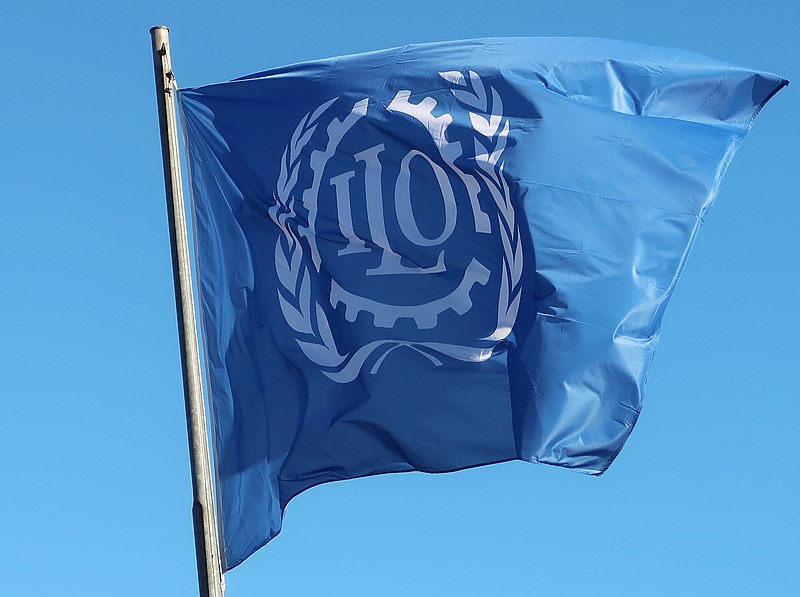

The International Labour Organisation (ILO) country office in Nepal has developed and launched a media toolkit for reporting on labour issues.
The “ILO media toolkit for forced labour and fair recruitment” is crucial to help journalists understand the issues, terminologies and the process of reporting on labour migration, stressed the speakers in the virtual programme on Friday that also marked the launch of the toolkit adapted into Nepali context.
Nepali media has come a long way in reporting on labour issues and fair migration; however the complexities on labour migration as well as media reporting have also increased over time, they opined.
The ILO has recognised the media as a key partner in reporting on abusive and deceptive recruitment in the labour migration process, sharing positive messages on migrant workers’ experiences, and shaping the debates around fair migration and decent work.
Numerous reports and articles have documented the recruitment channels used by migrant workers, the working and living conditions in countries of destination as well as stories of migrants before and after their migration experience. Abusive and deceptive recruitment practices, particularly in the labour migration process can lead to forced labour. Migrant workers who borrow money to cover the costs of recruitment are particularly vulnerable to situations of debt bondage linked to repayment of recruitment fees.
“The media has a critical role in presenting and explaining the linkage of labour migration with trafficking and discrimination of migrant workers. The ILO media toolkit will help ensure the migrants are represented fairly and with dignity in media,” said Richard Howard, Director, ILO Country Office for Nepal.
Aspirant Nepali migrants might take decisions based on a lack of accurate information or based on misleading information produced by the media. There needs to be a clear understanding of links between trafficking, forced labour, bonded labour, child labour, human trafficking and human smuggling. All relevant stakeholders, as well as the media, need to be aware of these linkages. Treating forced labour and fair recruitment together will also expand the network of journalists working on these issues.
“Journalists need to be vigilant in making countries accountable on labour migration and informing migrant workers. There are issues around safety, living and working conditions, legal procedures, policies etc, that journalists need to understand and convey. As a journalist working on labour migration for a long time, I think the ILO media toolkit is a good training guide to achieve that,” said Hom Karki, Senior Sub Editor, Labour migration and human trafficking beat at Kantipur Daily, one of the speakers at the programme.
The discussion was moderated by Sunil Neupane of Labour Employment Journalist Group (LEJOG) where the panellists emphasized the significance and need of media toolkit in Nepal.
“Media plays a vital role in shaping and transforming perspectives on labour migration. Alliance and networks of journalists working on labour migration need to be robust. Labour migration should not just be looked at from the lens of remittance. There needs to be a long term, inclusive and balanced vision while looking at labour migration,” said Ramyata Limbu, Projects Director, Panos South Asia.
The event saw over 60 participants connect virtually to understand the media’s role in presenting and explaining labour migration situations. Inaccurate, biased media reporting can lead to misinformation, and at worst, maybe an instigator for discrimination, xenophobia and unfair treatment.
“The ILO media toolkit is an effective tool to provide conceptual clarity on issues of focused labour and fair recruitment. We really appreciate and encourage the role of the media in providing information on labour migration. However, we still need a better coordinated and collaborative approach from all the relevant agencies to effectively communicate about fair recruitment and labour migration issues,” said Rajan Prasad Shrestha, Executive Director, Foreign Employment Board.